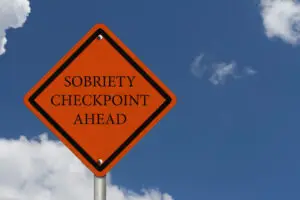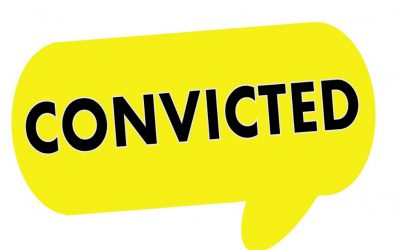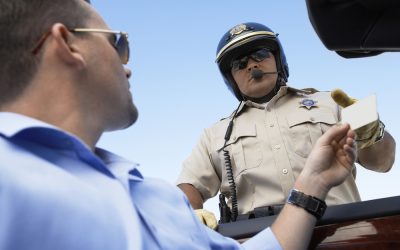
DUI checkpoints are constitutional. Both federal law and California’s state constitution allow for sobriety checkpoints. Police officers may administer a variety of field sobriety tests, including breathalyzer tests.
You do not have to consent to a breathalyzer test or another DUI chemical test, but if you refuse one, you could face additional penalties. The police can still arrest you for a DUI, and they can obtain a warrant to conduct a DUI chemical test once you are in custody.
A Los Angeles DUI lawyer can help if you were arrested for a DUI at a checkpoint. They can do everything possible to reduce your sentence, get your charges dismissed, or win your case in a trial.
Federal and State Laws Regarding DUI Checkpoints
In 1990, the U.S. Supreme Court ruled that sobriety checkpoints are constitutional and do not infringe on a citizen’s Fourth Amendment rights. Furthermore, California’s state constitution allows police officers to conduct DUI checkpoints.
Another important California law that comes into play is California Vehicle Code 23612, or the “implied consent” law. This states that by simply driving a vehicle in the state, you consent to participate in DUI checkpoints.
This does not mean you have to consent to a breathalyzer test or blood test, though. It only means that you have to stop at a DUI checkpoint and cooperate with the police, such as by providing your license and vehicle registration. Keep in mind that if you refuse a DUI chemical test at a checkpoint, the police have the right to arrest you under California Vehicle Code 23152(a). They can also obtain a warrant to administer a blood test or breathalyzer test once you are in custody.
If You Face a DUI Felony
Without a warrant, the police cannot force you to submit to a DUI blood test or other form of sobriety chemical test, unless you face DUI felony charges. In that case, they can force a blood test even if they cannot obtain a warrant quickly.
Part of the reason behind this is that your blood alcohol concentration (BAC) level will begin decreasing as time passes. A DUI would be a felony in any of the following cases:
- Your DUI case involves bodily injury or death to someone.
- Within the past ten years, you accumulated three or more DUI or wet reckless convictions.
- You have a prior DUI felony conviction.
You Can Face Additional Penalties if You Refuse a Field Sobriety Test at a DUI Checkpoint
In California, refusing a breathalyzer test or blood test at a DUI checkpoint comes with its own set of penalties separate from any DUI charges you face. Take a look at the following consequences of refusing a sobriety test:
- Your driver’s license will automatically be suspended for up to a year.
- Your auto insurance rates can increase.
- The prosecutor may try to use your refusal as an admission of guilt during a trial.
- The prosecutor may argue for a harsher sentence if you are convicted with a DUI, such as increased fines and jail time.
While it may seem advantageous to refuse a breathalyzer or other chemical test at a DUI checkpoint, you have to consider these additional penalties.
A DUI Lawyer Can Explore Reasons for a Refusal of a DUI Chemical Test
If you refused a chemical test at a DUI checkpoint, your attorney can utilize a few defense strategies. For example, some people suffer from medical conditions, such as a heart condition that requires them to take blood thinners, which could explain why they refused a blood test.
Furthermore, the conditions under which you were given a field sobriety test or breathalyzer test may have violated your rights. Police officers must conduct these tests in a certain way for them to be legally admissible. For instance, they must remain still when conducting field sobriety tests, such as the One-Leg Test or the Walk-and-Turn Test, so they do not distract a person from performing the test.
Even if you did take and fail a field sobriety test or chemical test, there may be explanations for it. For example, certain diets and medical conditions, such as acid reflux, can cause a false positive on a breathalyzer test. If you were wearing high heels or were on uneven pavement when performing a field sobriety test, this could also account for a failure.
Reach Out to a DUI Lawyer in Los Angeles if You Received DUI Charges at a Sobriety Checkpoint
The best thing to do when facing DUI charges is to begin building your dense strategy with a lawyer. Whether you agreed to a field sobriety test or chemical test at a checkpoint or not, you could still be convicted of a DUI and face life-changing consequences.
A lawyer can review the evidence and investigate your arrest to develop the best legal defense for your unique situation. They can work toward the best possible outcome, which could be the dismissal of your charges or reduction of your sentence.
Call a Los Angeles DUI attorney today. They can discuss more about how they can help during a free consultation.






